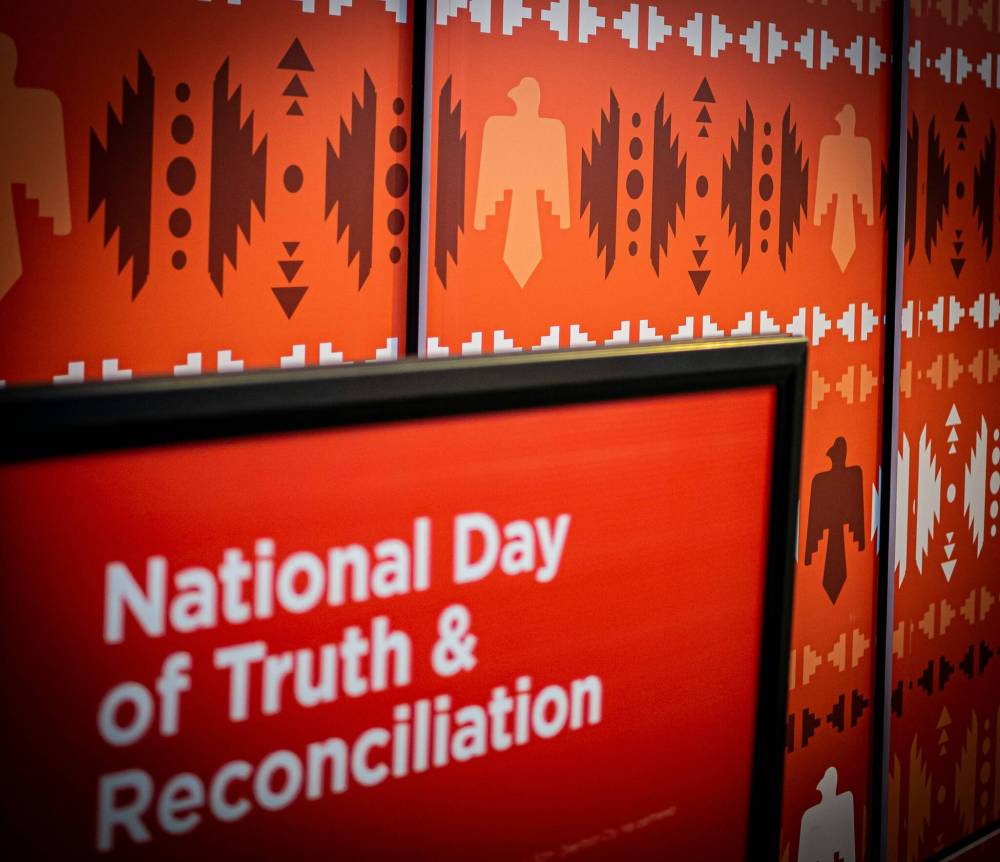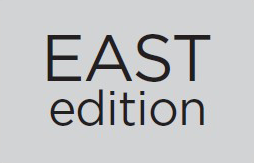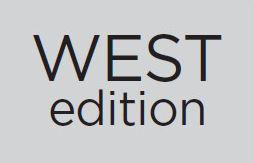Filling big shoes: the role children and youth play in reconciliation
Advertisement
Hey there, time traveller!
This article was published 04/01/2023 (1068 days ago), so information in it may no longer be current.
The root of hate is often ignorance. People passing each other on the street are quick to jump to conclusions about the other’s lives and personalities based on a quick glance, without paying attention to the people or their stories. Everyone has their own story and listening to them is the first step toward a more harmonious society.
Those stories form the “truth” of “truth and reconciliation.” Personal stories, along with education, form the basis from which we as communities can begin to move forward. In the center of this movement, we find perhaps the most overlooked, but most important members: children and youth.
Children and youth often don’t strike us as the biggest players in truth and reconciliation, but they fill a central role. They may not be passing legislation or researching policy, but they are forming habits and attitudes that will serve them for the rest of their lives. While adults undergoing cultural training must unlearn established biases, children and youth have more open pages in their books, ready to be filled with important teachings.

Dreamstime.com
Equipped with the education and background information they need, children and youth can push reconciliation forward.
When youth learn about the history of harms faced by Indigenous people in Canada, taught in age-appropriate manner, they take with them new perspectives. They report greater understanding and empathy, while developing a holistic view of their communities. With that view, they can now form stronger relationships with those around them. Those relationships will serve them and their friends and family as they continue to learn and grow.
Now equipped with the background they need; children and youth can push reconciliation forward with deliberate choices based on that education. They can check their subconscious biases, decide to treat others with kindness, and make ethical decisions in their classrooms and communities. They can act in ways that help to repair the damage that was done and stay engaged to ensure the same mistakes aren’t made again. They can also think about ways to create new opportunities with First Nations, Inuit, and Métis people.
Of course, history lessons are not always enough to keep youth engaged in reconciliation and ethical decision-making, which go hand-in-hand. Further programming is often necessary to empower youth to continue living out ethical values. In these courses, youth learn how to consider various factors in every situation before coming to a conclusion about how they will proceed. They learn to take different perspectives and generate a solution that betters them and those around them.
In the case of reconciliation, they learn how their everyday actions and thoughts can help create a more equitable society. Those actions and thoughts form their personal brand, which is the reputation that will help them gain relationships, job opportunities, and self-worth.
Acting out our values is a lifetime pursuit, but it starts with good habits. Listening with an open mind, seeking out further education, then purposefully practising thought formation and decision-making based on each situation’s unique factors are habits that children and youth are forming now. If they continue on these paths, they will soon assume even bigger roles in reconciliation and a more equitable society.

BBB Foundation
Better Business Bureau Foundation
The mission of BBB Foundation is to support the future of the Manitoba and Northwestern Ontario business community, raising up an ethical marketplace for tomorrow, by creating both ethics education and opportunities for students and businesses.
Our newsroom depends on a growing audience of readers to power our journalism. If you are not a paid reader, please consider becoming a subscriber.
Our newsroom depends on its audience of readers to power our journalism. Thank you for your support.



